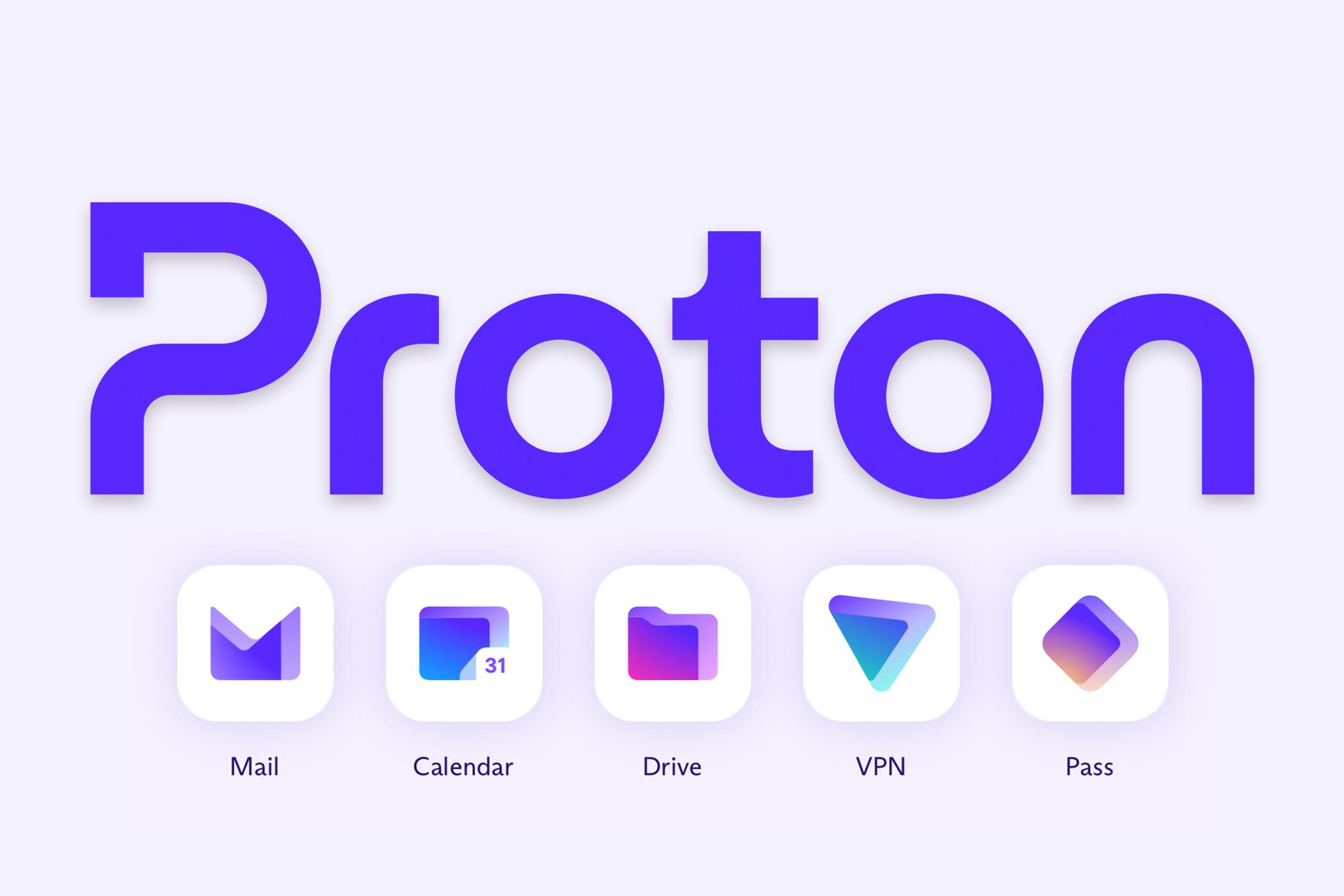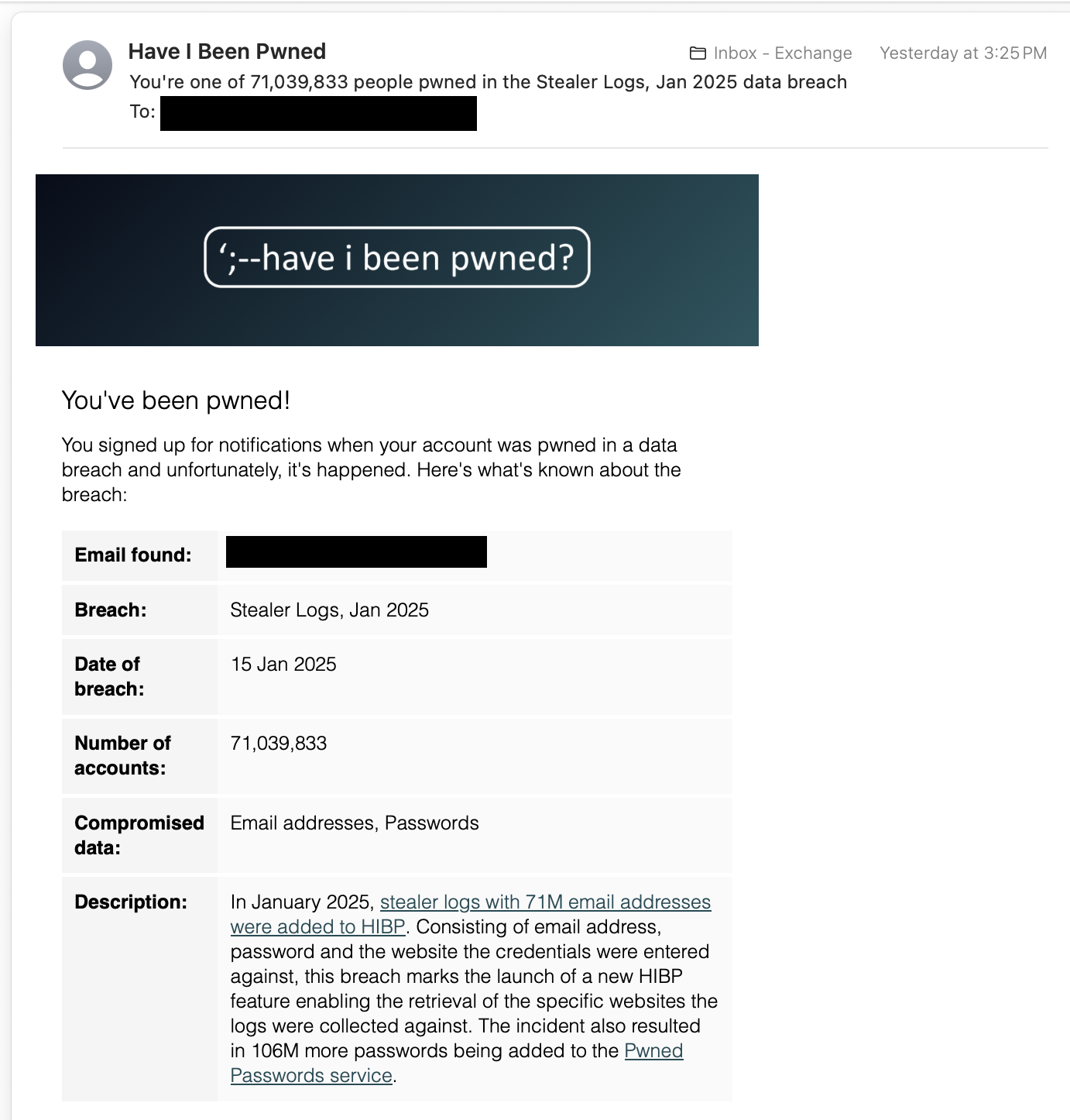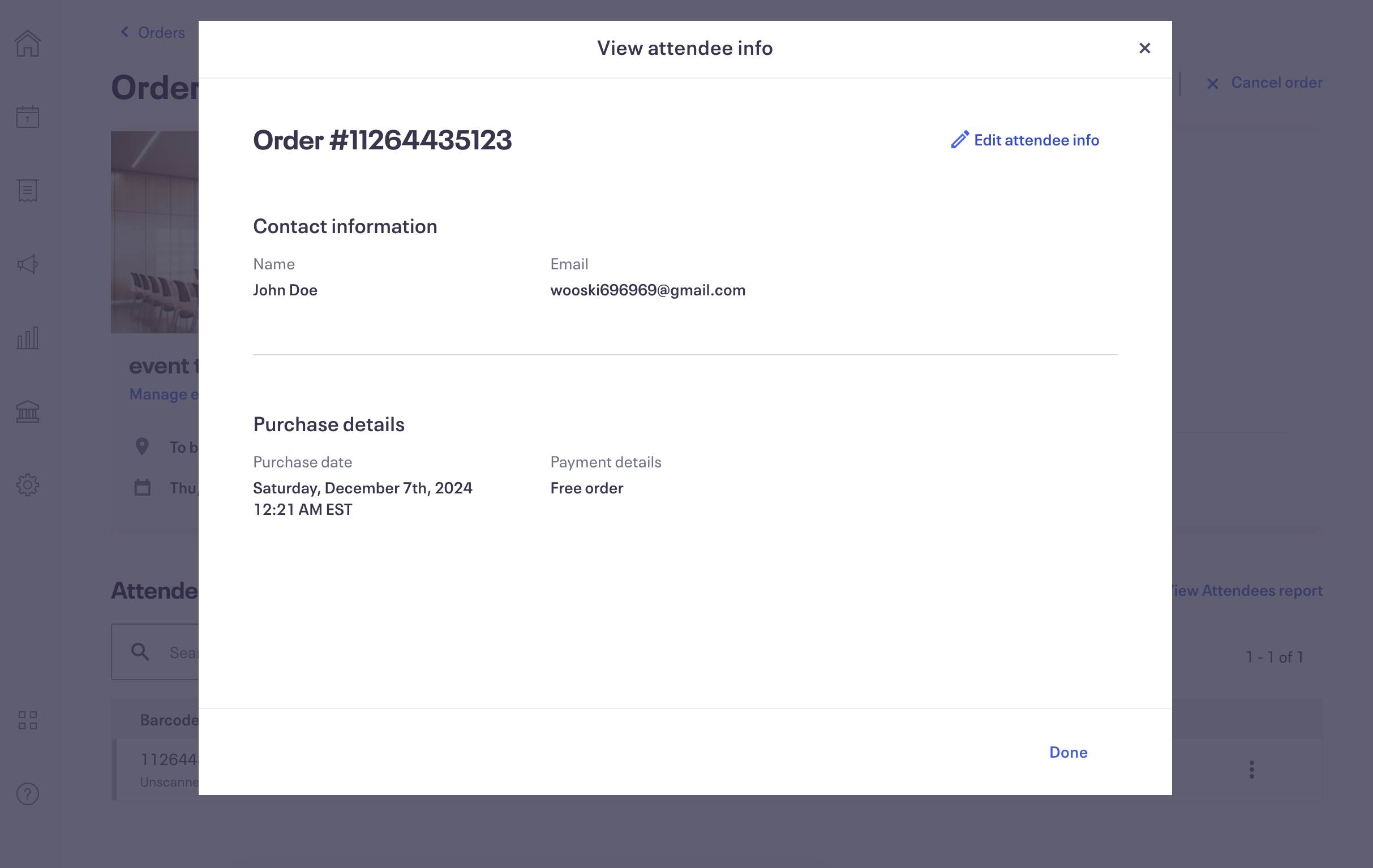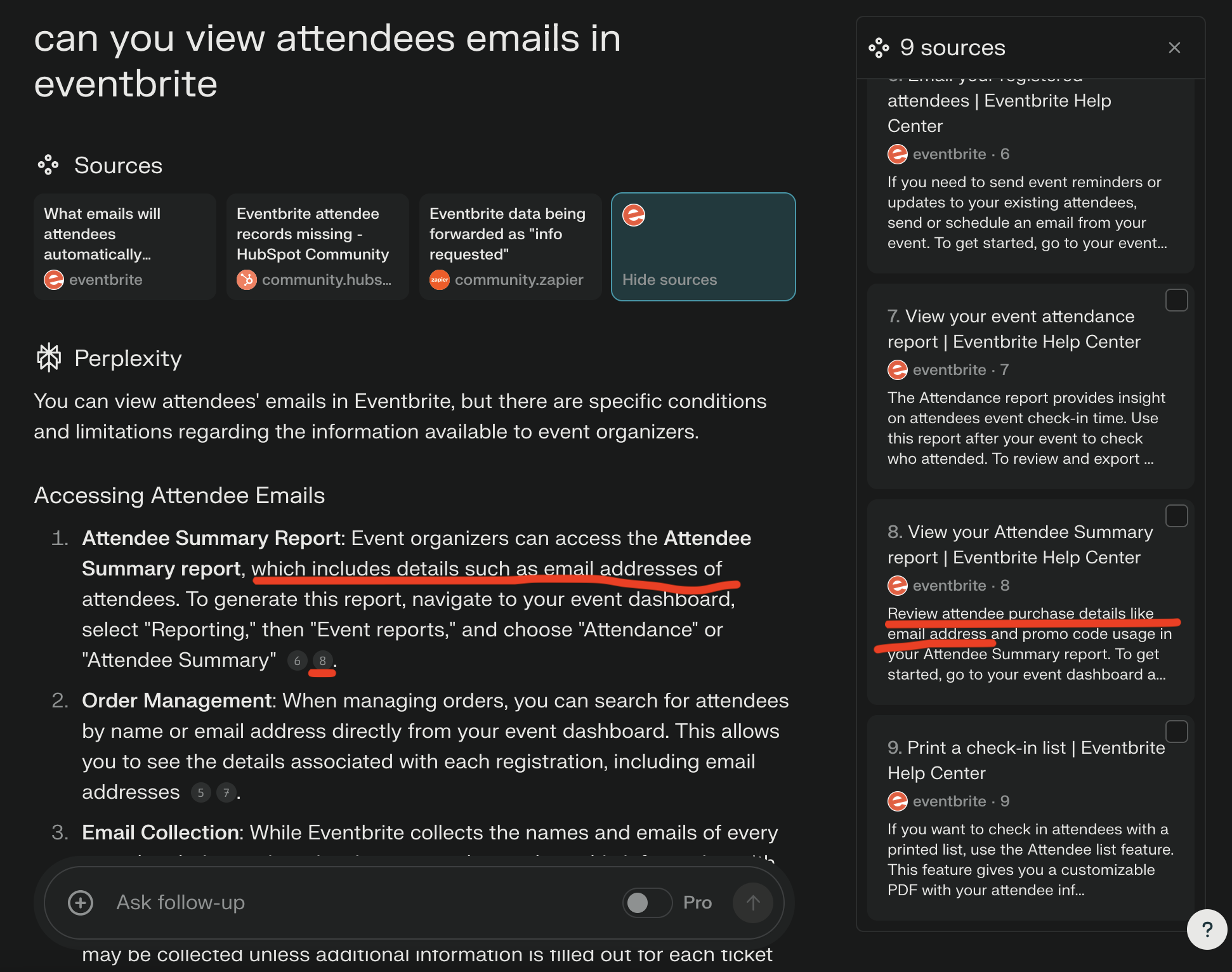cross-posted from: https://lemmy.dbzer0.com/post/36880616
Help Combat Internet Censorship by Running a Snowflake Proxy (Browser or Android)
Internet censorship remains a critical threat to free expression and access to information worldwide. In regions like Iran, Russia, and Belarus, journalists, activists, and ordinary citizens face severe restrictions when trying to communicate or access uncensored news. You can support their efforts by operating a Snowflake proxy—a simple, low-impact way to contribute to a freer internet. No technical expertise is required. Here’s how it works:
What Is Snowflake?
Snowflake is a privacy tool integrated with the Tor network. By running a Snowflake proxy, you temporarily route internet traffic for users in censored regions, allowing them to bypass government or institutional blocks. Unlike traditional Tor relays, Snowflake requires minimal bandwidth, no configuration, and no ongoing maintenance. Your device acts as a temporary bridge, not a permanent node, ensuring both safety and ease of use.
Is This Safe for Me?
Short answer: Yes.
Long answer: pobably. Here is why:
- Your IP address is not exposed to the websites they access. So, you don't have to worry about what they are doing either. You are not an exit node.
- No activity logs. Snowflake cannot monitor or record what users do through your connection. The only stored information is how many people have connected to your bridge. Check docs for further info on this.
- Low resource usage. The data consumed is comparable to background app activity—far less than streaming video or music.
- No direct access to your system
- No storage of sensitive data. Snowflake proxies do not store any sensitive data, such as IP addresses or browsing history, on your system.
- Encrypted communication. All communication between the Snowflake proxy and the Tor network is encrypted, making it difficult for attackers to intercept or manipulate data.
You are not hosting a VPN or a full Tor relay. Your role is limited to facilitating encrypted connections, similar to relaying a sealed envelope.
Your IP address is exposed to the user (in a P2P-like connection). Be mindful that your ISP could also potentially see the WebRTC traffic and the connections being made to it (but not the contents), so be mindful of your threat model.
For most users, it is generally safe to run Snowflake proxies. Theoretically, your ISP will be able to know that there are connections being made there, but to them it will look like you're calling someone on, say, Zoom.
Historically, as far as we know, there haven't been any cases of people getting in legal trouble for running entry relays, middle relays, or bridges. There have a been a few cases of people running exit nodes and getting in trouble with law enforcement agencies, but none of them have been arrested or prosecuted as far as I know it. If you are aware of any cases, let me know so I can update this post.
Do not hesitate to check Snowflake's official documentation for further reference and to make informed decisions.
How to Set Up a Snowflake Proxy
Option 1: Browser Extension (Brave, Firefox, or Chrome)
- Install the Snowflake extension.
- Click the Snowflake icon in your browser toolbar and toggle "Enable Snowflake."
- Keep the browser open. That’s all.
Note: Brave users can enable Snowflake directly in settings. Navigate to brave://settings/privacy and activate the option under "Privacy and security."
Option 2: Android Devices via Orbot
- Download Orbot (Tor’s official Android app).
- Open the app’s menu, select "Snowflake Proxy," and toggle it on.
- For continuous operation, keep your device charged and connected to Wi-Fi.
Your device will now contribute as a proxy whenever the app is active.
Addressing Common Concerns
- Battery drain: Negligible. Snowflake consumes fewer resources than typical social media or messaging apps.
- Data usage: Most users report under 1 GB per month. Adjust data limits in Orbot’s settings or restrict operation to Wi-Fi if necessary.
Why Your Participation Matters
Censorship mechanisms grow more sophisticated every year, but tools like Snowflake empower ordinary users to counteract them. Each proxy strengthens the Tor network’s resilience, making it harder for authoritarian regimes to isolate their populations. By donating a small amount of bandwidth, you provide someone with a critical connection to uncensored information, education, and global dialogue.
Recent surges in demand—particularly in Russia—highlight the urgent need for more proxies. Your contribution, however small, has an impact.
By participating, you become part of a global effort to defend digital rights and counter censorship. Please, also be mindful of your threat mode and understand the potential risks (though very little for most people). Check Snowflake's official documentation for further reference and don't make any decisions based on this post before taking your time to read through it.
Please share this post to raise awareness. The more proxies, the stronger the network.
– llama






